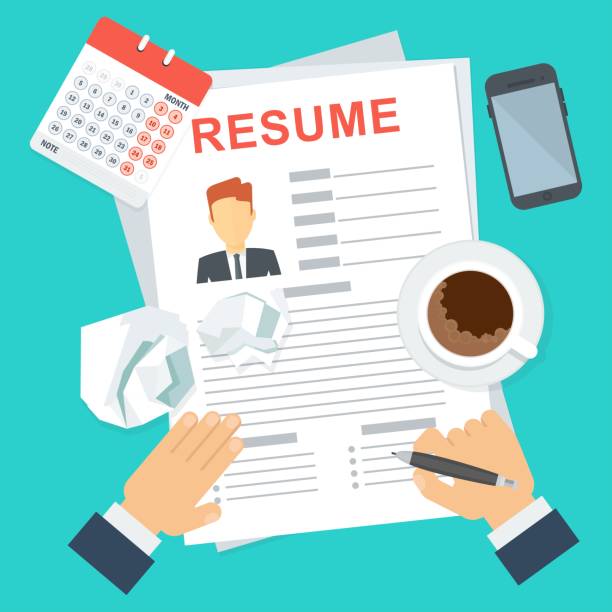
Recruiters’ Alert: Red Flags to Watch out for in CVs
As a recruiter, one of your most fundamental (and potentially boring) tasks is to screen through all the CVs that come your way, and identify which ones to scrap and which ones to move ahead with. At times this can be tough, when you have scores and scores of CVs to go through, and there’s only so much your brain can process. However, to make your job easier, you can train yourself to look out for certain Red Flags in the CVs that come your way. This will make it infinitely easier for you to sift through the CVs, while shortlisting the very best potential hires.
So what are some of the red flags you need to watch out for?
-
Does not address the basics of the job description
Even if you may have listed out the specifications you are looking for, very clearly, you will still receive applications that do not heed the basic requirements. For example, one of the easiest ways to short list CVs is to check the work experience of the candidate. If you are hiring for a senior position, you have very specific conditions in mind. Or certain language requirements that may be a precondition. This way, you’ll be able to filter the CVs much faster.
-
The format of the CV
One of the easiest and most obvious ways to tell whether or not a candidate is a potential hire is by simply looking at the format of the CV. If it is sloppy and untidy, you know that the concerned candidate is not really serious about his application, because they clearly haven’t spent time trying to make an impression through their application. This reflects a great deal about how professional the candidate is. While the CV does not need to be elaborate and decorative, it definitely needs to be clean, well formatted and definitive.
-
Unexplained gaps in employment
Gap years are perfectly acceptable. And at times, even desirable. But that depends on how the gap year has been spent. Volunteering, internships, traveling, freelancing are some of the most common reasons for taking gap years. If the overall professional record of the candidate is alright, this shouldn’t be a cause for worry for a recruiter. However, what you can’t take a chance with is unexplained gaps in employment. In that case, you have no knowledge about how the candidate spent that time, and worse, you don’t know if they’re hiding something.
-
No achievements
The candidate might have been educated at the most prestigious institutions, and may have been employed at fairly reputed organizations; however, without achievements these aspects don’t really matter. They certainly do not account for achievements in themselves. In order to decide whether the candidate can be an asset to your organization, you need more tangible proof. While the candidate might have been entrusted with a lot of important roles and responsibilities, it is also important to get a gauge of how the candidate delivered on them.
-
Lack of definitive targeting
A good CV is one which definitively targets all the job requirements, and responds to each one by stating the skills necessary for the requirements. A CV without intent, or target, is not something that you can short list as a potential hire. While the candidate might be a good all round candidate, specific roles have specific requirements. As a recruiter, it is your foremost responsibility to not compromise on this very crucial precondition for hiring.
Even the seemingly “small” things do make an overall difference to the quality of hire. The way a CV is written up, speaks volumes about the overall personality of a person. While you can’t get a thorough gauge of the professional unless you call them in for a personal interview, the CV can give you enough of an idea about whether or not the candidate should even make it to the next round. Want more tips on how to recognize a great CV in two minutes? Read this great article on Undercover Recruiter.




